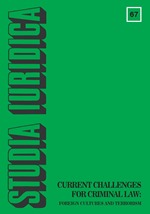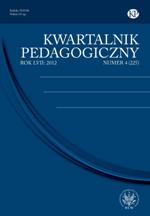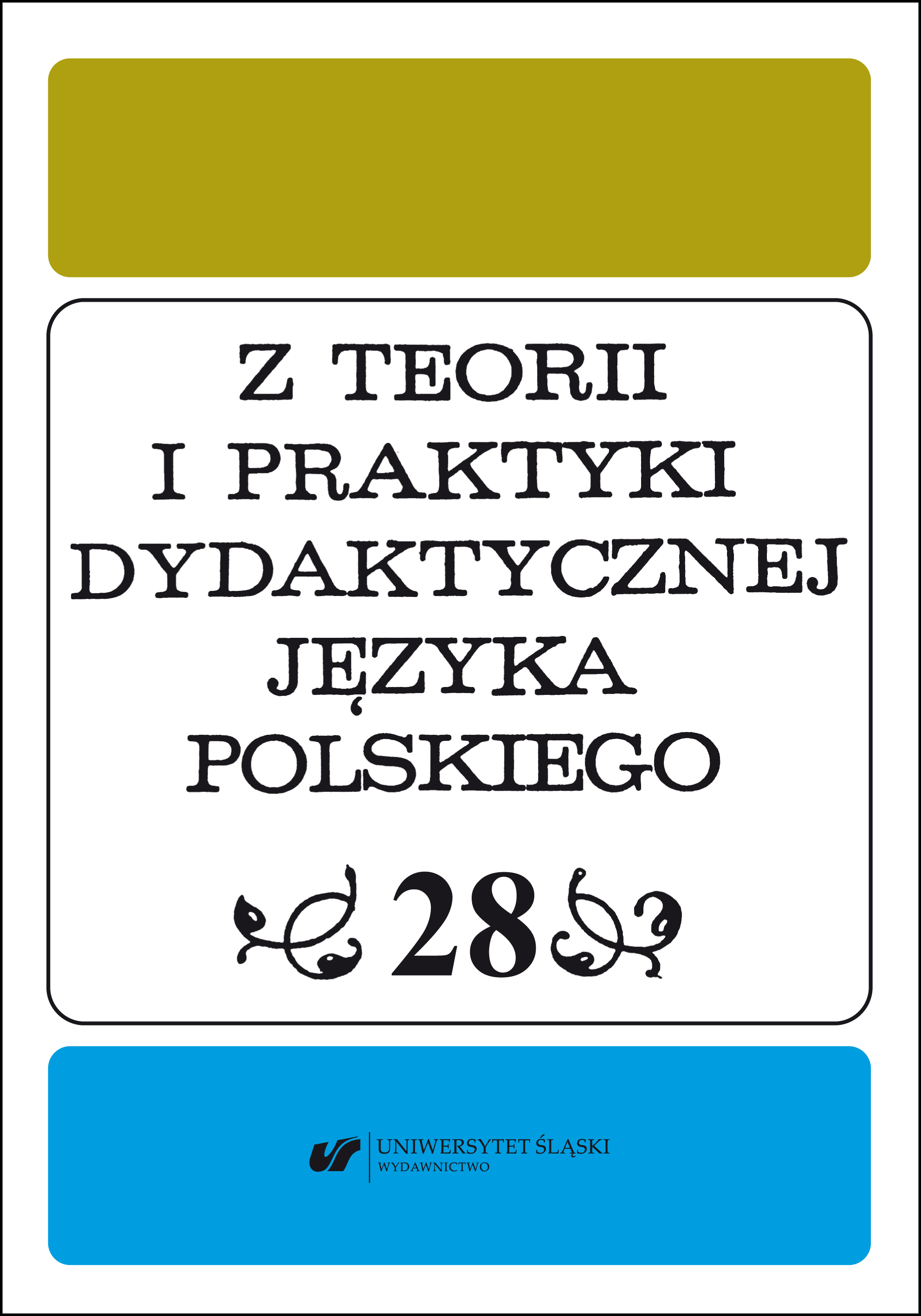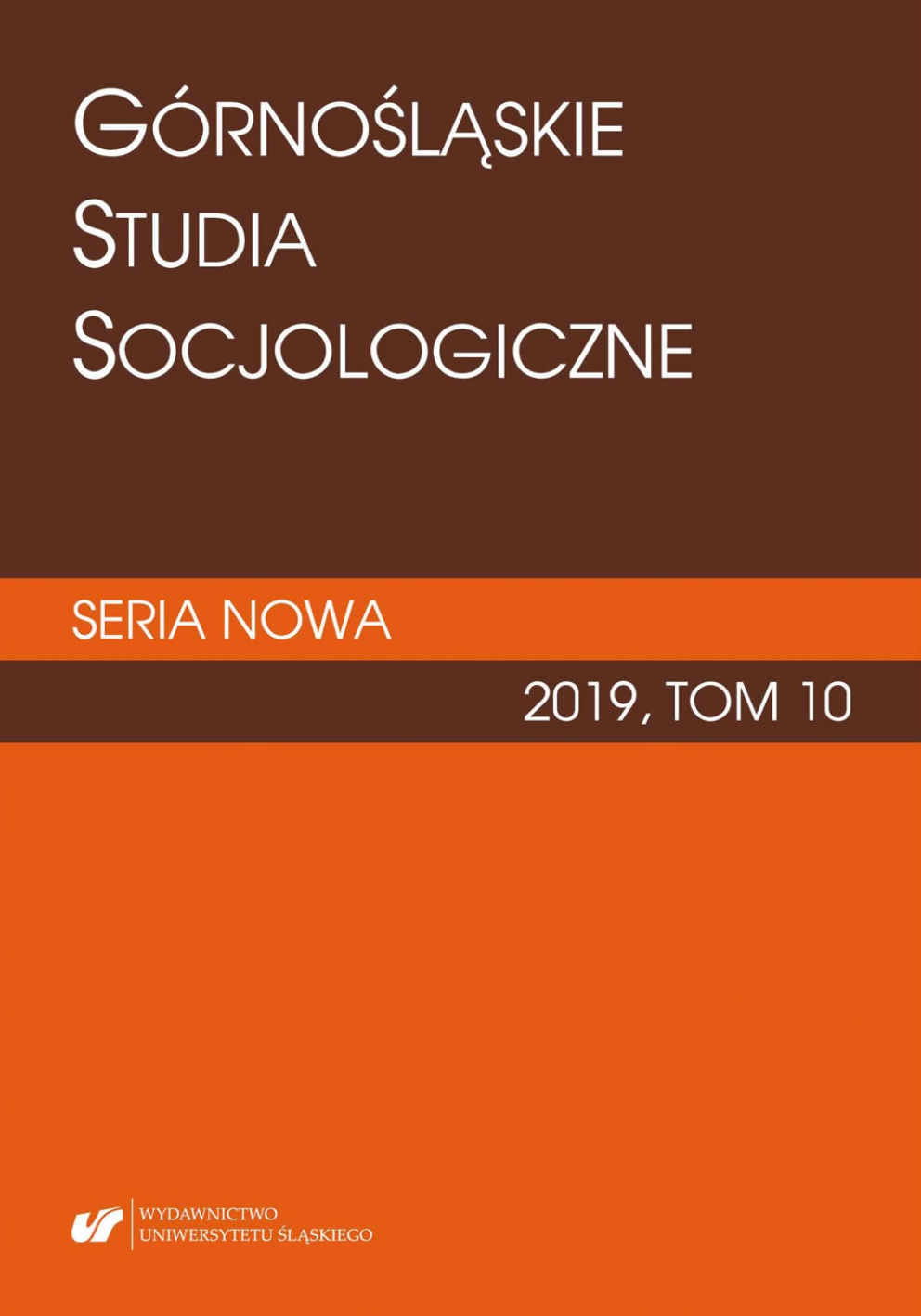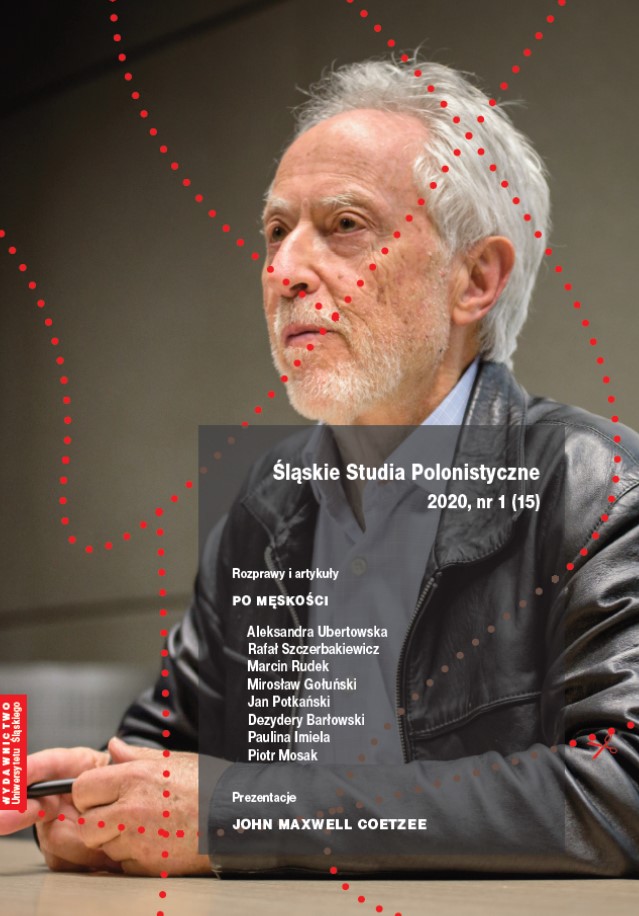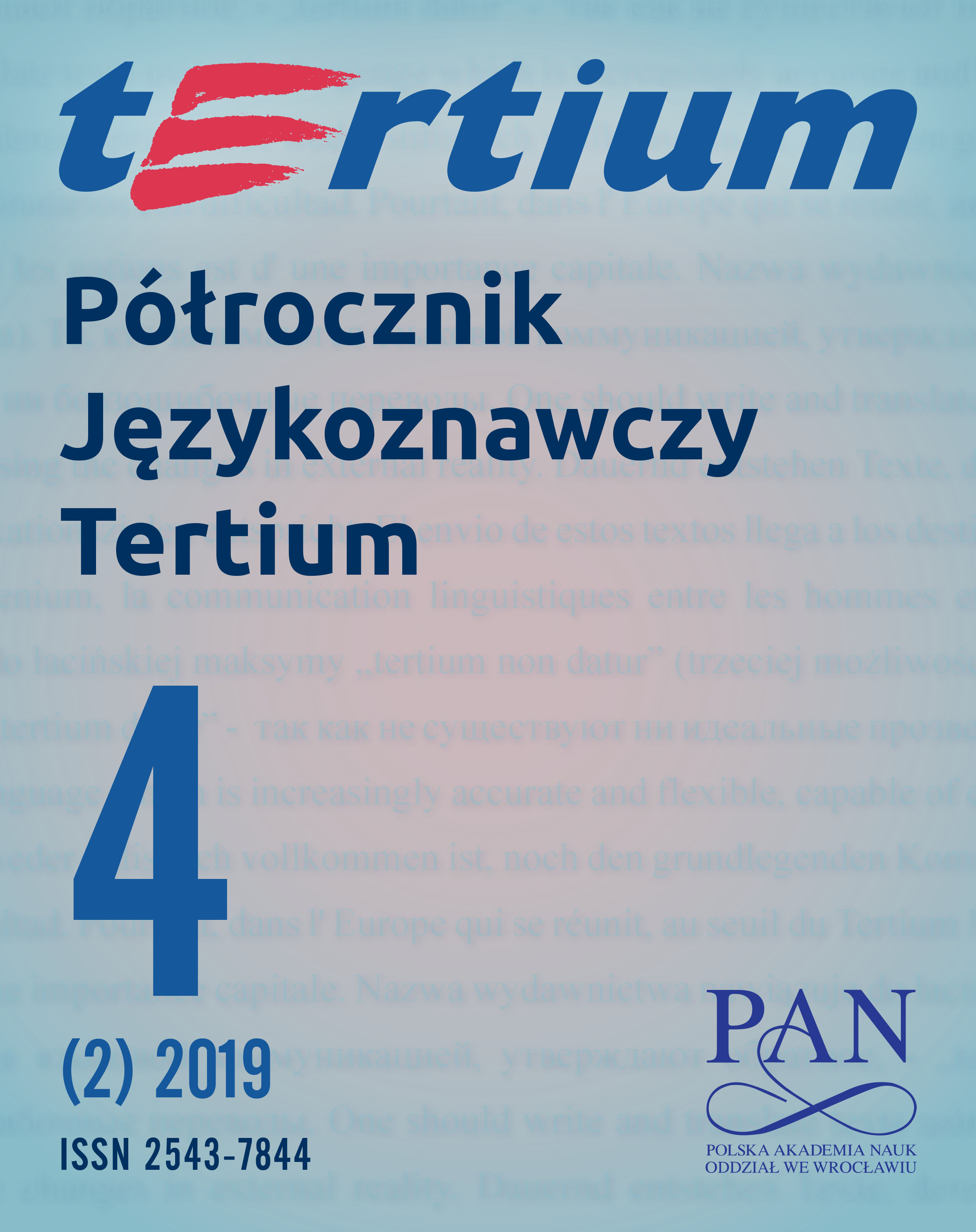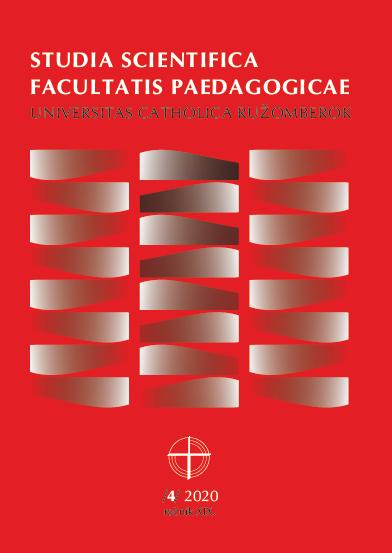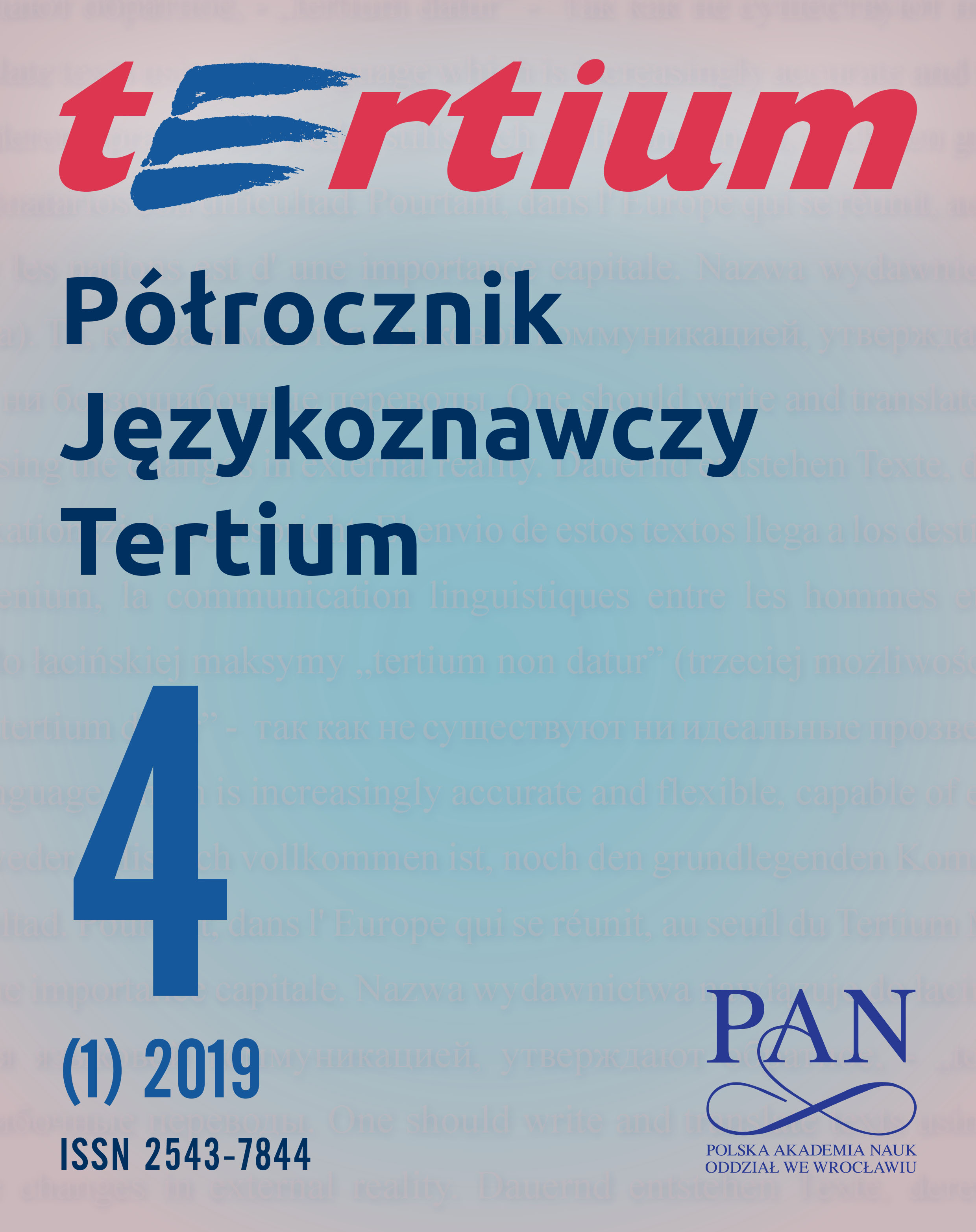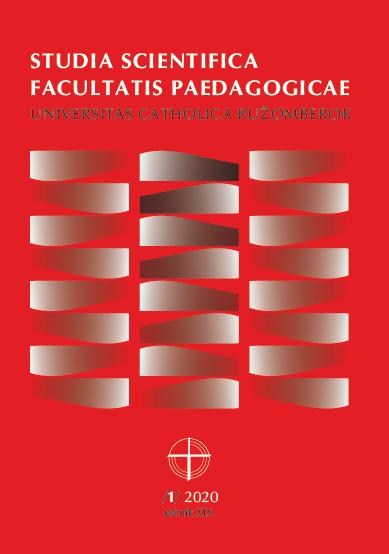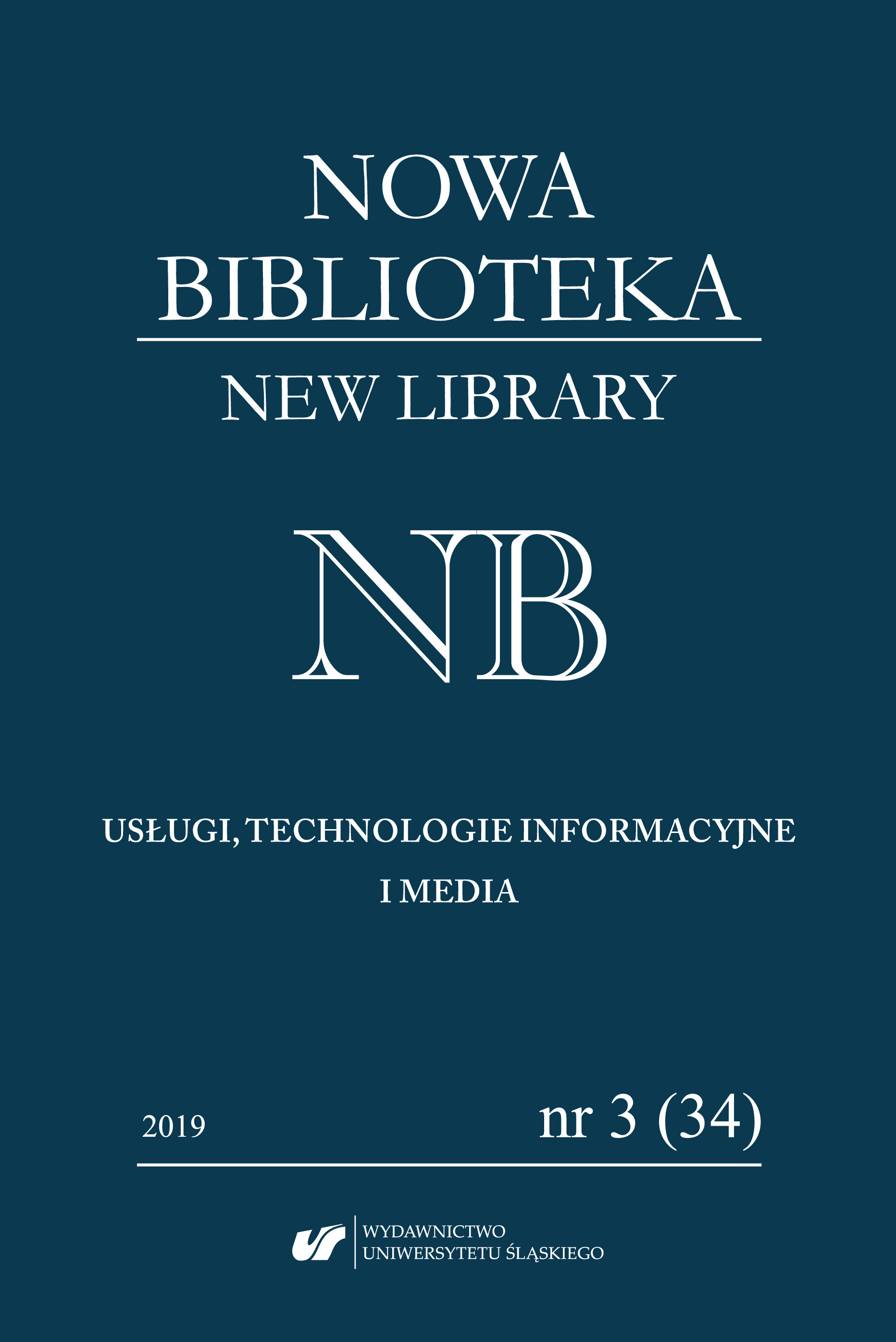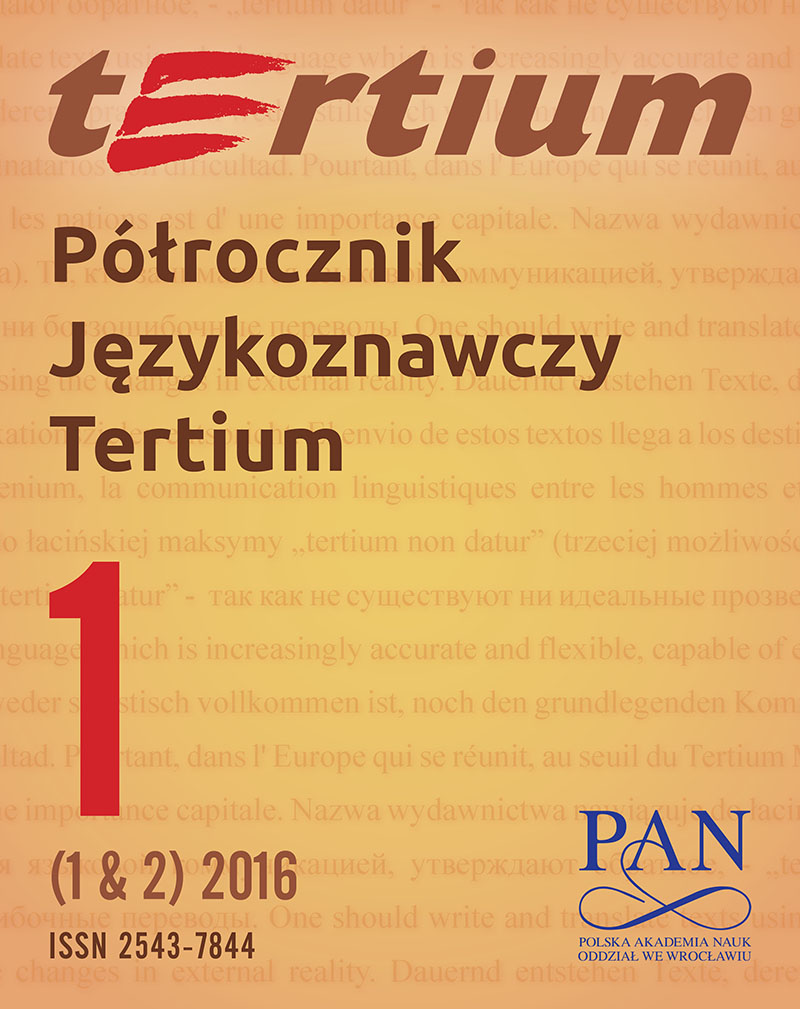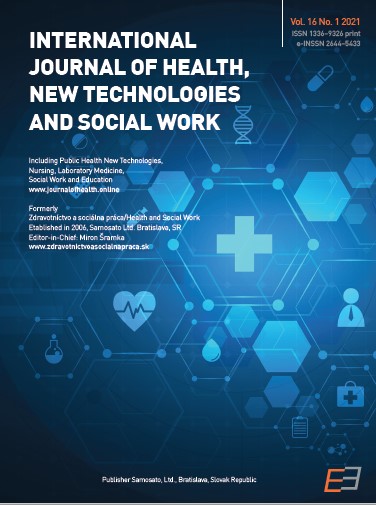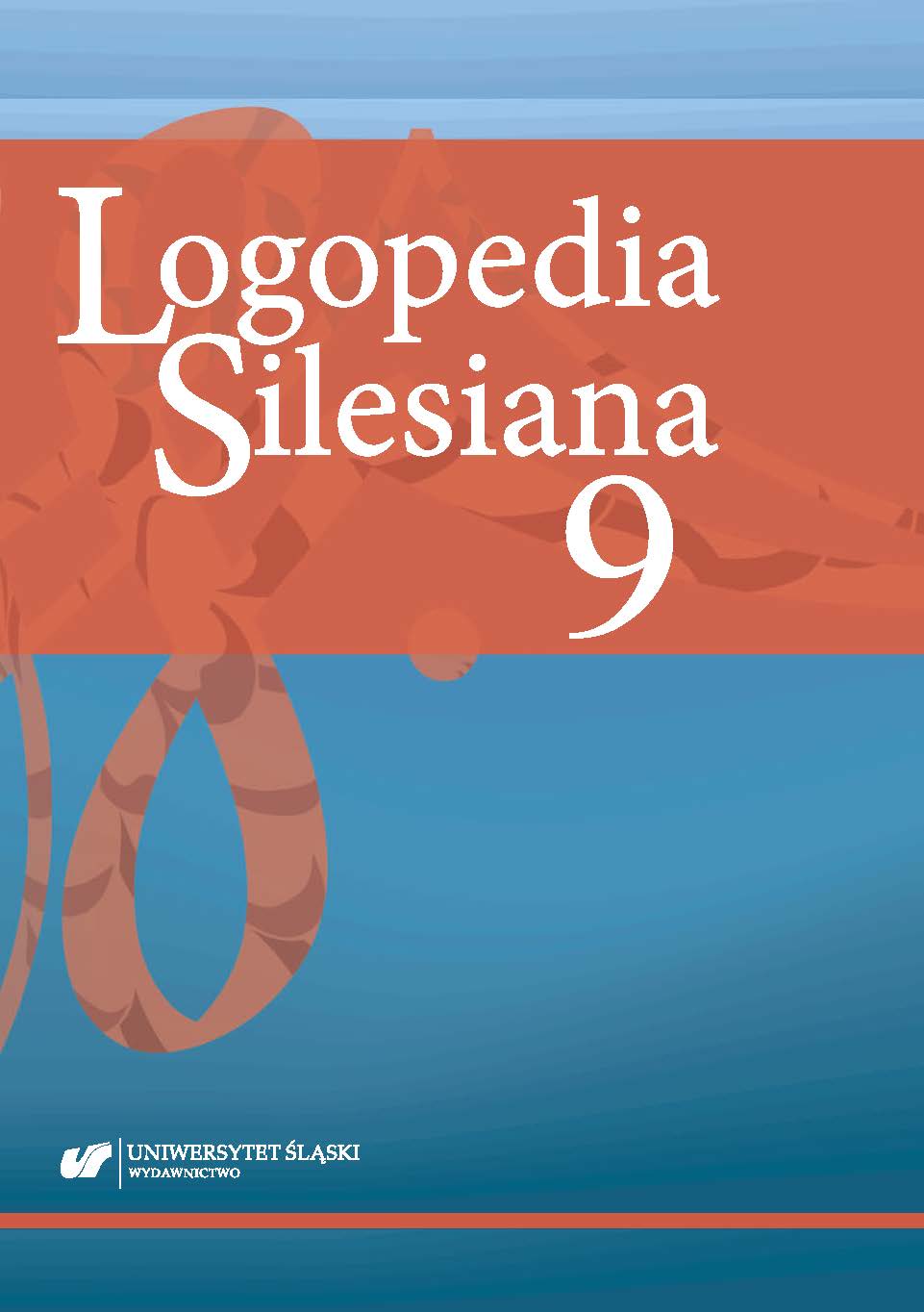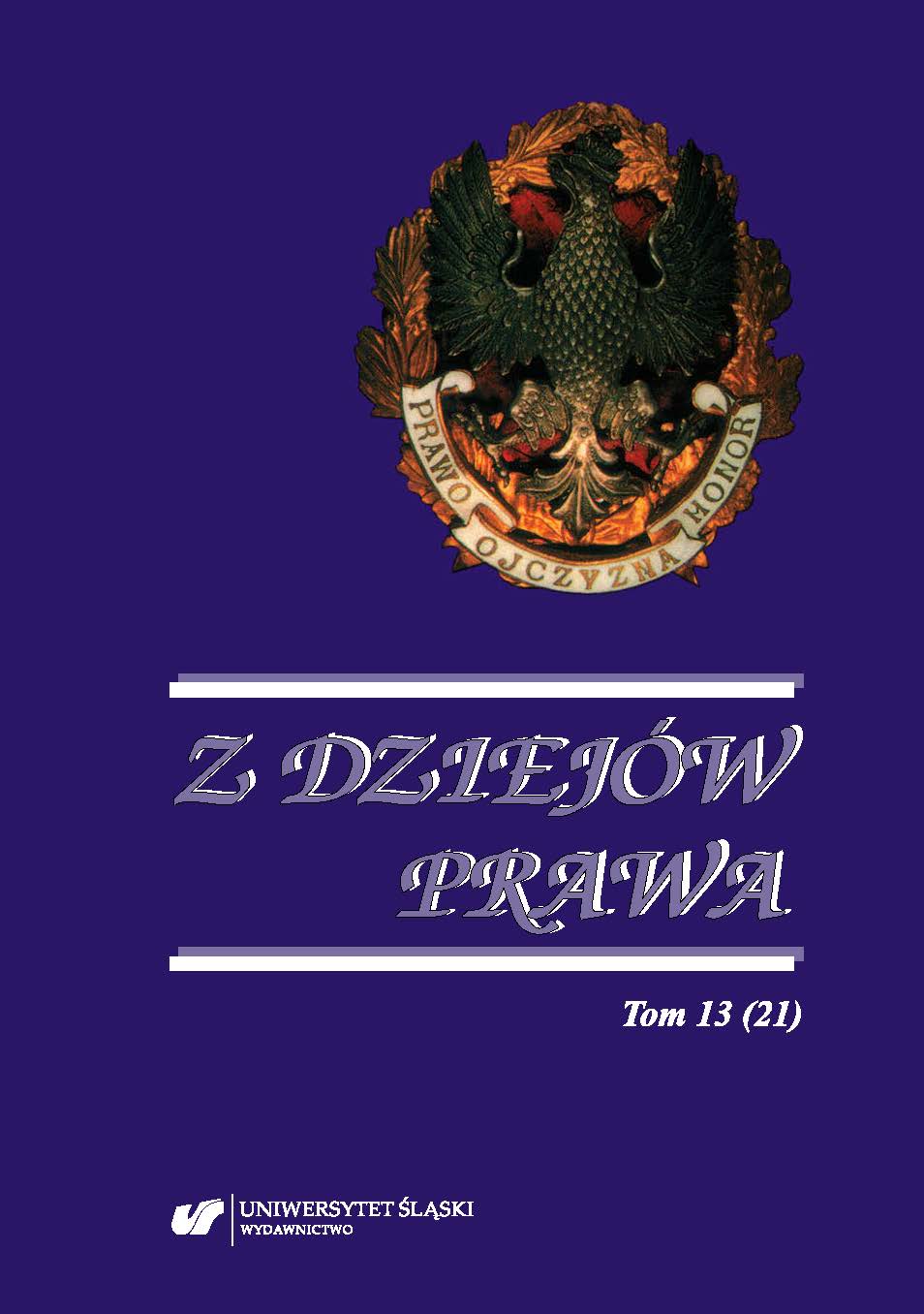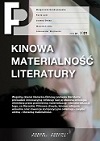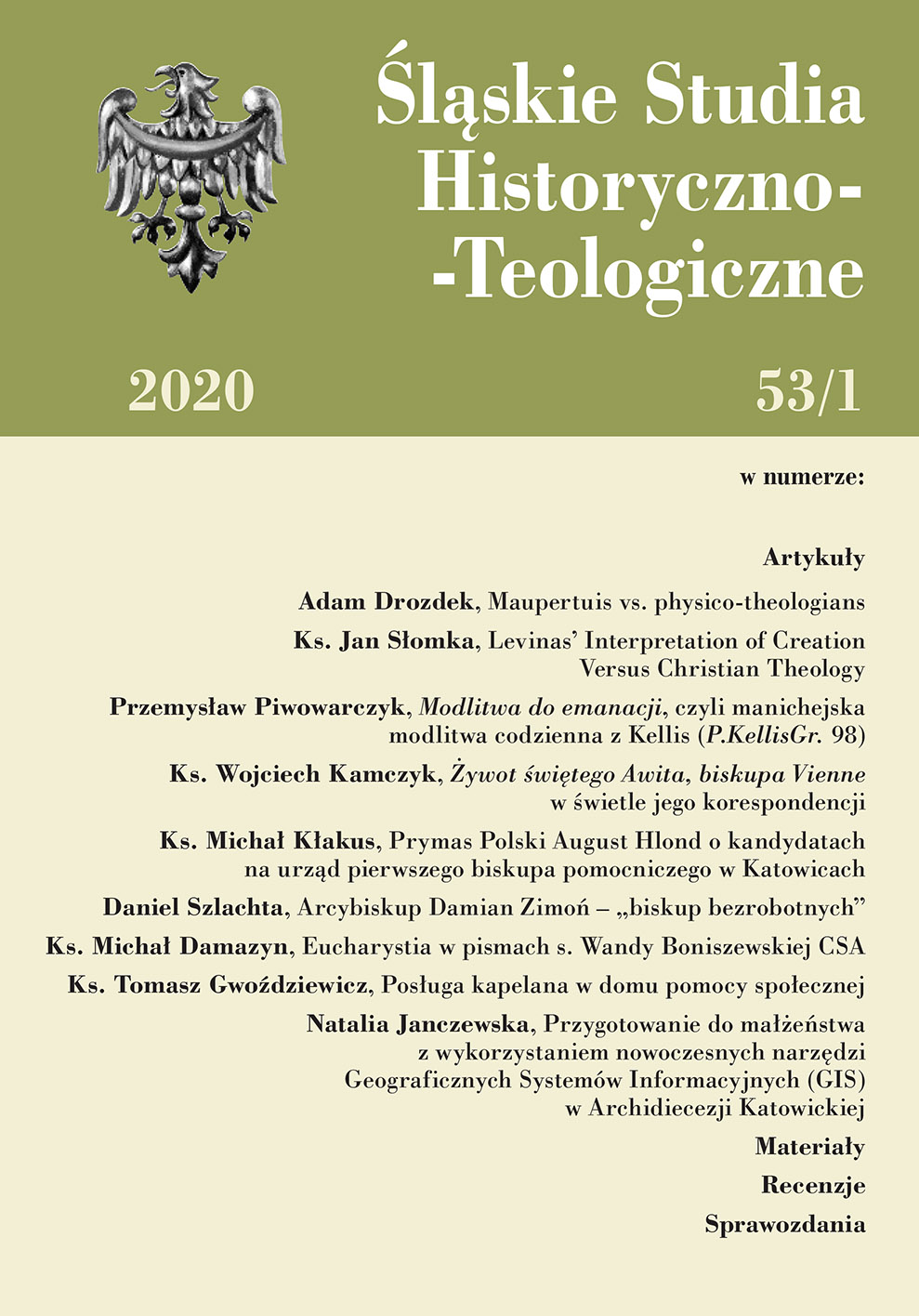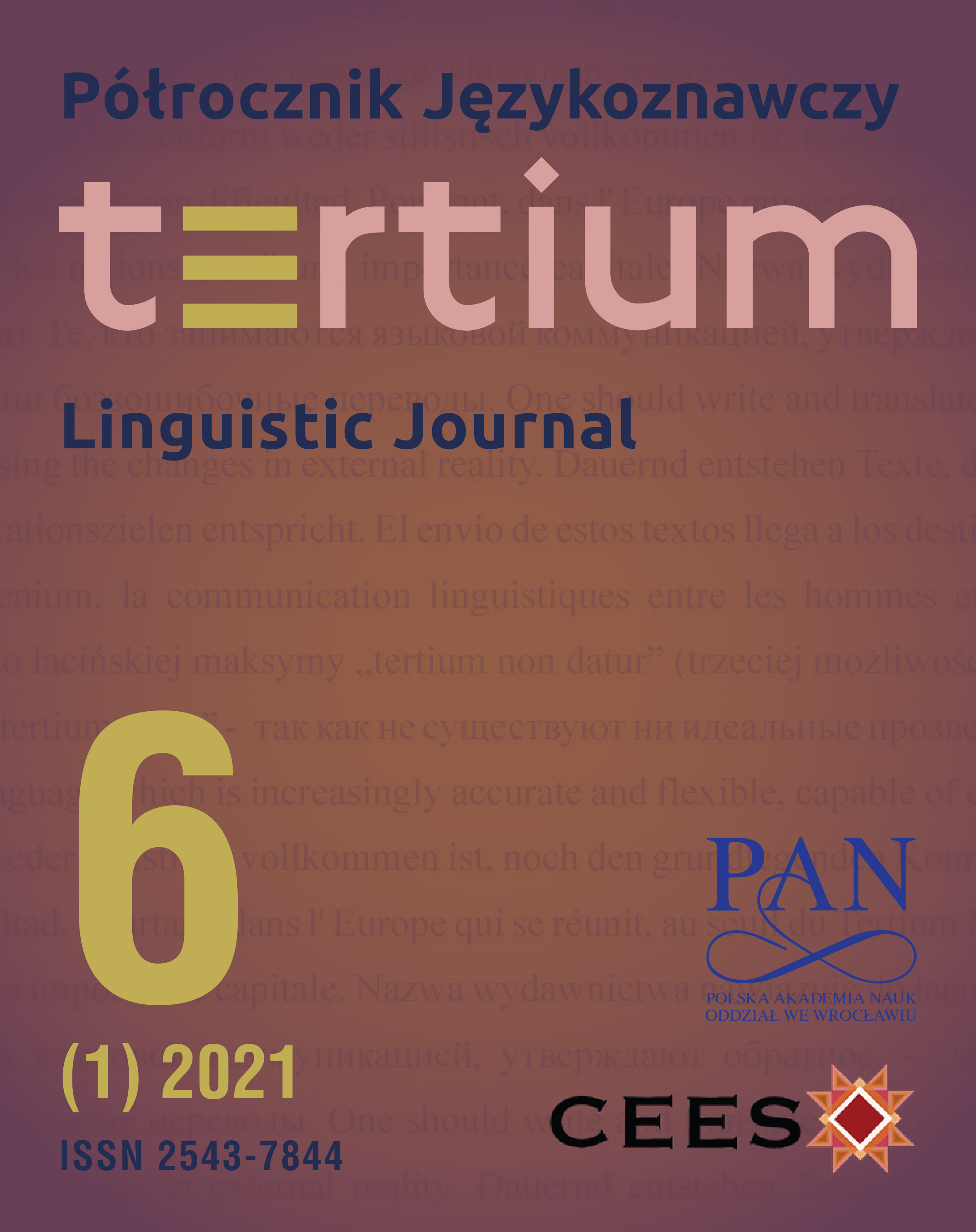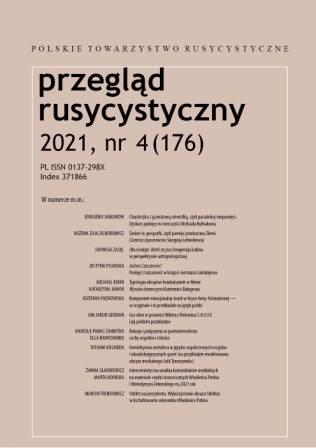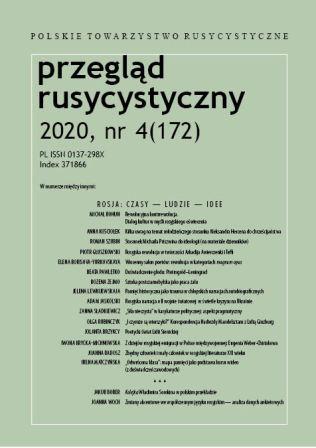The Usage of Diminutives by Children in Polish as the Example of Imitating Mother’s Speech
Author(s): Paulina Biały / Language(s): English
/ Issue: 2/2019
Keywords: diminutives; child’s speech;familial language;
The aim of this paper is a review of most common situations in which children use diminutive formsin Polish, excluding the reference to the smallness of an object being pointed at, illustrated with the examples of the usage of diminutives, collected by the author of this paper. The examples are taken from everyday conversations of children aged 2-10. It is claimed that children imitate adult speech and borrow certain features, such as the usage of diminutive forms, as they shape their language mainly following the example of relatives. As the review shows, children use diminutives in various contexts, from establishing emotional contact with other children or their toys, familiarizing themselves with the reality and everyday life, or diminishing their fault to even flattering or buttering up the hearer.
Artykuł stanowi przegląd najbardziej powszechnych kontekstów użycia w języku polskim zdrobnień przez małe dzieci, z wyłączeniem odniesień związanych z małym rozmiarem danego przedmiotu. Ilustrowany jest przykładami użycia tych form, zebranymi przez autorkę artykułu, a zaczerpniętymi z codziennych rozmów dzieci w wieku od dwóch do dziesięciu lat. Uważa się, że dzieci imitują mowę dorosłych oraz zapożyczają od nich pewne cechy, kształtując w ten sposób swój własny język. Przegląd pokazuje, iż dzieci używają zdrobnień w różnorodnych kontekstach, począwszy od nawiązywania kontaktu emocjonalnego z innymi dziećmi czy swoimi zabawkami, oswajania się z otaczającą ich rzeczywistością i życiem codziennym, czy też umniejszania swoich przewinień, aż do schlebiania swojemu rozmówcy.
More...
